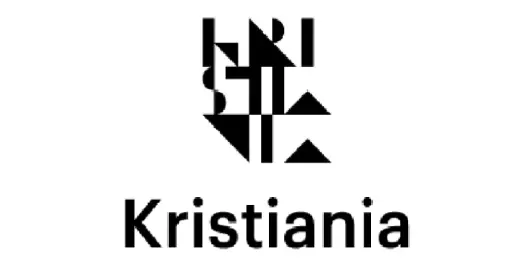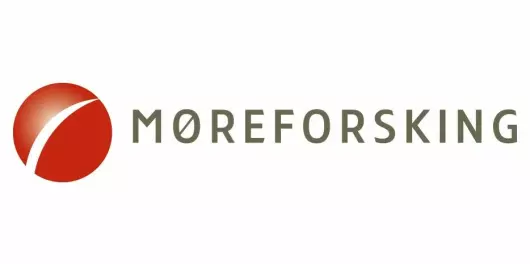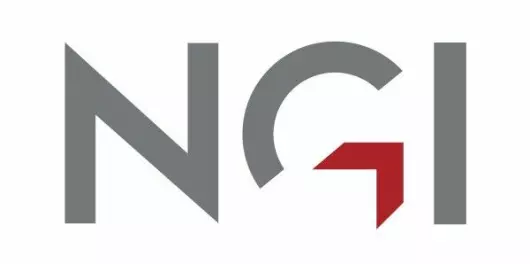Ledig stilling på Universitetet i Oslo
Blindern og Urbygningen (Foto: Wikimedia og Colourbox)
Postdoctoral Research Fellow in Nonlinear Structure Formation
Deadline: 31.01.2020
Job description
Universitetet i Oslo
The University of Oslo is Norway’s oldest and highest rated institution of research and education with 28 000 students and 7000 employees. Its broad range of academic disciplines and internationally esteemed research communities make UiO an important contributor to society.
The Institute of Theoretical Astrophysics is part of the Faculty of Mathematics and Natural Sciences. It presently has 15 permanent professors/associate professors. The Institute employs about 15 postdoctoral and senior research fellows and has about 25 Ph.D. students. The research activity of the Institute of Theoretical Astrophysics is concentrated around solar physics, cosmology and extragalactic astrophysics.
A position as Postdoctoral Research Fellow in Nonlinear Structure Formation in Dark energy, Dark Matter and Modified Gravity theories is available at the Institute of Theoretical Astrophysics.
The appointment is a fulltime position and is made for a period of up to three years (10% of which is devoted to required duties, usually in the form of teaching activities).
No one can be appointed for more than one Postdoctoral Research Fellowship at the University of Oslo.
Starting date no later than 01.10.2020.
More about the position
The Institute of Theoretical Astrophysics (ITA) is heavily involved in both observational and theoretical/computational astrophysics. The Institute is actively engaged in a large number of international collaborative programs, e.g., through the Norwegian membership in ESA, Norwegian participation in the Nordic Optical Telescope (NOT), the CMB polarization experiment Spider, the CO Mapping Array Pathfinder experiment (COMAP), the Atacama Large Millimeter Array (ALMA) and the VLT Multi-Object Optical and Near-IR Spectrograph (MOONS). Space missions with major participation from ITA include Planck and Euclid within cosmology and extragalactic astrophysics. In theoretical and computational astrophysics, the Institute has built up strong groups in numerical simulations, high performance computing and the use of modern computational statistics methods in data analysis.
For this position, we are seeking an ambitious postdoctoral researcher to join the Cosmology group. The position is funded by Dr. David F. Mota’s national grant from the Research Council of Norway entitled “Unveiling the Nature of Gravity at Galaxy Cluster Scales”. The successful candidate will work on nonlinear structure formation within the framework of dark energy, dark matter and modified gravity theories using numerical simulations.
The main work includes designing, performing and/or analyzing simulations to confront with multi-wavelength observations of galaxies and clusters, and to investigate the degeneracies between small scale baryonic physics and models of dark energy, dark matter and modified gravity.
The successful candidate will collaborate closely with professor Hans Winther and professor Sijing Shen of the extra-galactic group at the Institute of Theoretical Astrophysics. The candidate will also have opportunities to participate in the Euclid collaboration, and to develop her/his own projects.
The main purpose of a postdoctoral fellowship is to provide the candidates with enhanced skills to pursue a scientific top position within or beyond academia. To promote a strategic career path, all postdoctoral research fellows are required to submit a professional development plan no later than one month after commencement of the postdoctoral period.
Qualification requirements
The Faculty of Mathematics and Natural Sciences has a strategic ambition of being a leading research faculty. Candidates for these fellowships will be selected in accordance with this, and expected to be in the upper segment of their class with respect to academic credentials.
- Applicants must hold a degree equivalent to a Norwegian doctoral degree in astronomy, astrophysics or a related field. Doctoral dissertation must be submitted for evaluation by the closing date. Appointment is dependent on the public defence of the doctoral thesis being approved.
- Fluent oral and written communication skills in English.
Candidates with any of the following expertise are strongly encouraged to apply:
- 1) cosmological simulations: N-body and/or hydrodynamic;
- 2) numerical galaxy formation;
- 3) star formation, Supernovae and AGN feedback;
- 4) nonlinear observational tests of dark energy, dark matter and modified gravity
In selection, weight will be given to the documented research potential of the candidates.
We offer
- Salary NOK 523 200 – 605 500 per annum depending on qualifications in position as Postdoctoral Research Fellow (position code 1352)
- Attractive welfare benefits and a generous pension agreement
- Professionally stimulating working environment
- Vibrant international academic environment
- Postdoctoral development programmes
- Oslo’s family-friendly surroundings with their rich opportunities for culture and outdoor activities
How to apply
The application must include:
- Cover letter (statement of motivation, summarizing scientific work and research interest)
- Research statement, detailing possible research projects and how they will benefit from participating in Dr. Mota’s research group
- CV (summarizing education, positions, pedagogical experience, administrative experience and other qualifying activities)
- List of Publications
- Copies of educational certificates
- Names and contact details of 2-3 references (name, relation to candidate, e-mail and telephone number).
- 2-3 letters of references, sent directly to David Mota, e-mail given below
The application with attachments must be delivered in our electronic recruiting system, please follow the link “Apply for this job”. Foreign applicants are advised to attach an explanation of their University's grading system. Please note that all documents should be in English (or a Scandinavian language).
In assessing the applications, special emphasis will be placed on the documented, academic qualifications, the research statement, as well as the candidate’s motivation and personal suitability. Interviews with the best qualified candidates will be arranged.
It is expected that the successful candidate will be able to complete the project in the course of the period of employment.
Formal regulations
Please see the guidelines and regulations for appointments to Postdoctoral fellowships at the University of Oslo.
According to the Norwegian Freedom of Information Act (Offentleglova) information about the applicant may be included in the public applicant list, also in cases where the applicant has requested non-disclosure.
The University of Oslo has an agreement for all employees, aiming to secure rights to research results etc.
The University of Oslo aims to achieve a balanced gender composition in the workforce and to recruit people with ethnic minority backgrounds.
Contact information
For technical questions regarding the application system, please contact HR Adviser Elin Thoresen, +47 22 85 71 96, e-mail: elin.thoresen@mn.uio.no
Apply for this job













